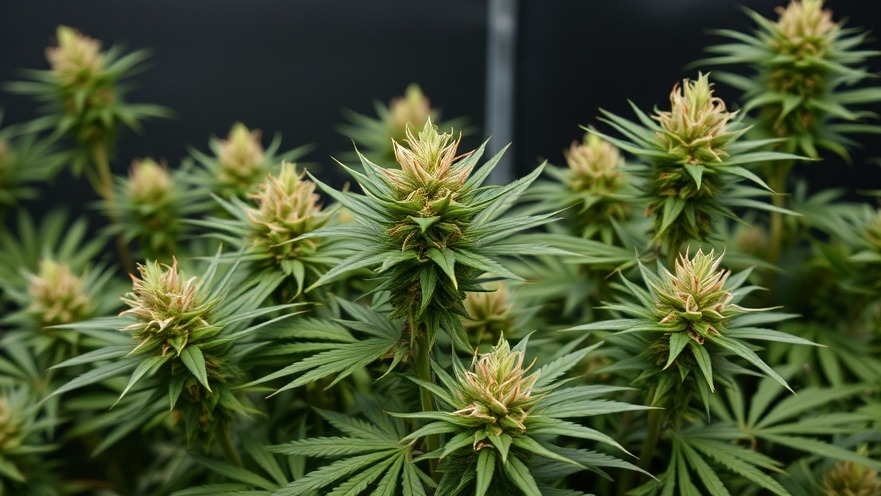
Understanding Marijuana's Impact on Physical Health
As the legalization of marijuana spreads across various states and countries, the conversation surrounding its effects on our bodies is becoming increasingly relevant. Marijuana, derived from the Cannabis plant, contains compounds known as cannabinoids, primarily THC (tetrahydrocannabinol) and CBD (cannabidiol). While THC is renowned for its psychoactive effects, CBD is often praised for its potential therapeutic benefits without causing intoxication.
Effects on the Brain: A Dual Perspective
Marijuana significantly affects the brain, affecting areas responsible for memory, pleasure, coordination, and time perception. Regular usage can lead to alterations in brain function, particularly in adolescents, whose brains are still developing. Chronic users may find impairments in cognitive functions like attention and processing speed. However, some studies suggest that cannabinoids can provide neuroprotective effects, offering potential treatments for conditions such as epilepsy and multiple sclerosis.
The Respiratory System: Risks and Mitigations
Inhalation of marijuana smoke, akin to tobacco, poses risks to lung health. Combustion produces harmful tar and irritants that can lead to respiratory issues. While vape pens and oils reduce some risks, they are not without their concerns. The recent trend of vaping nicotine and marijuana products has raised alarms about lung injuries in users. Therefore, the method of consumption is crucial for understanding marijuana's health implications.
Marijuana and Mental Health: Balancing Risks and Benefits
The relationship between marijuana and mental health is intricate. For some individuals, especially those grappling with anxiety and depression, cannabis may provide relief. Yet, studies show that long-term use can exacerbate mental health issues, including anxiety disorders and psychosis. The distinction between medical and recreational use becomes vital here — while marijuana may serve therapeutic roles for some, it can pose risks for frequent users.
Health Benefits: Pain Management and More
One of the most widely recognized benefits of marijuana is its ability to alleviate chronic pain. Research suggests cannabinoids may interfere with pain signaling pathways, offering relief for conditions like arthritis, cancer-related pain, and neuropathy. Moreover, CBD is being studied for its potential anti-inflammatory properties, making it a candidate in the ongoing search for natural health and wellness solutions.
Marijuana in the Context of Health and Wellness
For those seeking alternative pathways to wellness, marijuana presents a dilemma of potential benefits versus risks. Integrating marijuana into a balanced health and wellness lifestyle requires thorough consideration. Community health and wellness initiatives are increasingly addressing cannabis use, offering forums and educational workshops to help individuals make informed decisions.
The Future of Cannabis and Health: Trends and Insights
The future of cannabis research is promising. Emerging trends in marijuana formulations focus on maximizing health benefits while minimizing risks. Companies are developing health products infused with CBD, targeting muscle relaxation and stress relief, which aligns with the growing demand for holistic health approaches. As the conversation surrounding marijuana transitions from stigma to acceptance, public health policies will also adapt, shaping the way we understand and utilize these substances.
Making Informed Choices: The Power of Knowledge
Awareness of the multifaceted effects of marijuana can guide individuals in making informed decisions regarding its use. Understanding both its potential benefits and its risks is essential. For individuals interested in health and wellness, consulting with healthcare providers and exploring alternatives like naturopathy can further enhance their wellness journey.
In conclusion, as marijuana becomes a more prevalent aspect of health discourse, embracing a balanced and informed approach is essential. Engaging in community health and wellness discussions, attending local health and wellness events, and seeking alternatives like herbal supplements can enrich our understanding and utilization of cannabis.
 Add Element
Add Element  Add Row
Add Row 




Write A Comment